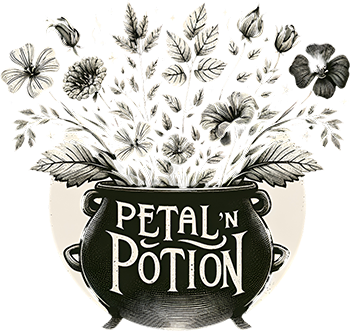S p i r u l i n a
Spirulina is a blue-green algae (cyanobacteria) that grows in both fresh and saltwater.
It has been consumed for centuries due to its high nutritional value and numerous health benefits.
Benefits
- Nutrient-Dense: Packed with protein, vitamins, minerals, and antioxidants.
- Boosts Immune System: Enhances immune function and helps fight off infections.
- Anti-Inflammatory: Reduces inflammation, aiding conditions such as arthritis and other inflammatory diseases.
- Antioxidant Properties: Provides antioxidants that protect cells from oxidative stress and damage.
- Supports Heart Health: Helps reduce cholesterol levels and improves cardiovascular health.
- Improves Muscle Strength and Endurance: Beneficial for athletes and individuals engaging in physical activities.
- Detoxification: Assists in detoxifying the body, especially heavy metals like arsenic, lead, and mercury.
- Supports Blood Sugar Regulation: May help regulate blood sugar levels and improve glycemic control.
Active Compounds
- Phycocyanin: The primary active compound, known for its potent antioxidant and anti-inflammatory properties.
- Chlorophyll: Provides detoxifying benefits and supports overall health.
- Beta-Carotene: A precursor to vitamin A, offering antioxidant protection.
- Gamma-Linolenic Acid (GLA): An omega-6 fatty acid with anti-inflammatory benefits.
- Vitamins and Minerals: High in B vitamins, iron, magnesium, potassium, and calcium.
Who Should Avoid This
- Individuals with Allergies: Those allergic to Spirulina or other algae should avoid it.
- Individuals with Autoimmune Diseases: Should consult a healthcare provider before use due to its immune-stimulating effects.
- Pregnant and Nursing Women: Due to limited safety data, it is advisable to consult a healthcare provider before use.
- Individuals with Phenylketonuria (PKU): Should avoid Spirulina due to its high phenylalanine content.
- Individuals on Medication: Particularly those taking immunosuppressants or blood thinners should consult a healthcare provider to avoid interactions.
Warnings
While Spirulina offers numerous health benefits, some precautions and potential side effects should be considered:
- Contamination Risk: Can be contaminated with toxins if sourced from polluted waters. Always choose high-quality, reputable brands.
- Gastrointestinal Issues: Some individuals may experience mild digestive disturbances such as bloating, gas, or nausea.
- Allergic Reactions: Can cause allergic reactions in some individuals.
- Autoimmune Conditions: May stimulate the immune system, which could be problematic for individuals with autoimmune conditions.
- Interactions with Medications: May interact with certain medications, including immunosuppressants and blood thinners.
Usage Guidelines
Spirulina can be used both short-term and long-term, depending on the condition being treated. For acute issues such as boosting immunity or detoxification, it is typically used until symptoms improve. For ongoing benefits such as nutrient supplementation or heart health, longer-term use may be appropriate but always under the guidance of a healthcare professional. Always consult with a healthcare provider to determine the correct dosage and duration for your specific needs.
